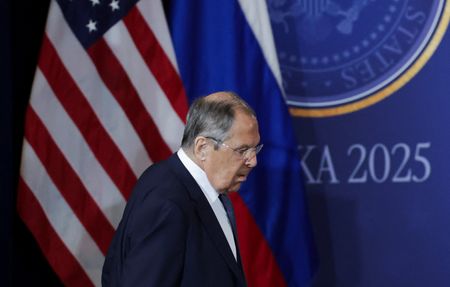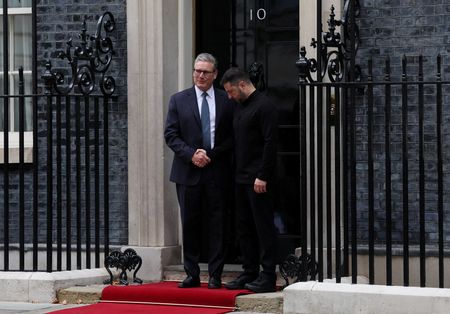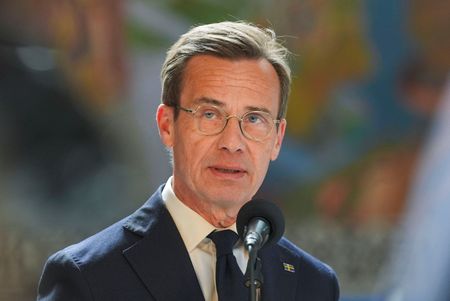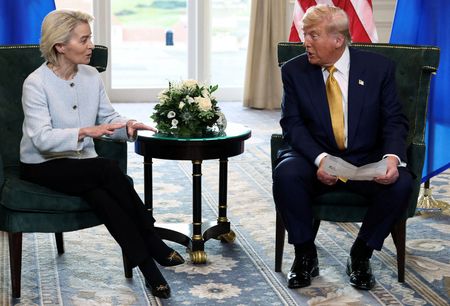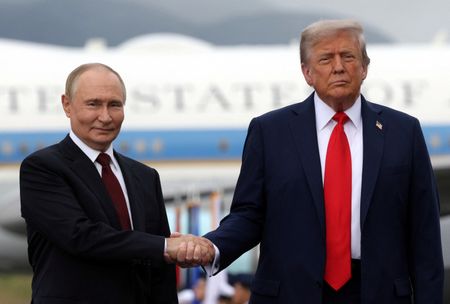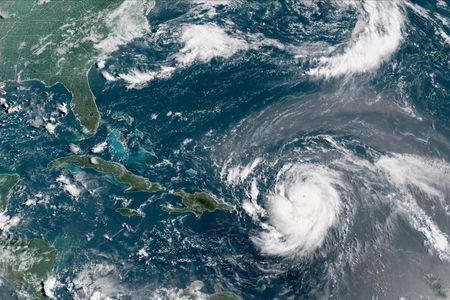(Reuters) -Russian Foreign Minister Sergei Lavrov held calls on Saturday with his Turkish and Hungarian counterparts, the Russian foreign ministry said, hours after a summit between the U.S. and Russian presidents yielded no deal on ending the war in Ukraine.
President Donald Trump, who hosted President Vladimir Putin in Alaska on Friday for bilateral talks aimed at ending the war, has urged Kyiv to make a deal with Moscow, stating, “Russia is a very big power, and they’re not.”
The phone call between Lavrov and Turkish Foreign Minister Hakan Fidan took place at Turkey’s initiative, the Russian ministry said in a short statement on its website.
“The foreign ministers exchanged views on the outcomes of the high-level Russia–U.S. meeting held in Alaska on August 15,” it said.
Turkey has tried to maintain open diplomatic channels with both sides since Russia’s full-scale invasion of Ukraine in 2022, positioning itself as a NATO member, a partner to both Russia and Ukraine, and a potential mediator.
Lavrov also held a call with Hungarian Foreign Minister Peter Szijjarto to discuss the outcomes of the Alaska summit.
Szijjarto said Hungary was hoping for a peaceful settlement to the 3-1/2-year-old conflict.
“A durable resolution to the conflict is in our interest, as well as for peace and security to return to Central Europe,” he said in a Facebook post on his phone call with Lavrov.
Hungary has kept close ties with Russia throughout the war, often opposing EU sanctions and continuing energy cooperation with Moscow, and drawing criticism from Western allies of Kyiv.
Hungarian Prime Minister Viktor Orban said on Saturday after the Putin-Trump meeting that “the world is a safer place than it was yesterday,” while other European leaders reiterated in their joint statement that “it will be up to Ukraine to make decisions on its territory.”
(Reporting by Lidia Kelly in Melbourne and Gergely Szakacs in Budapest; Editing by Matthew Lewis and Clelia Oziel)

